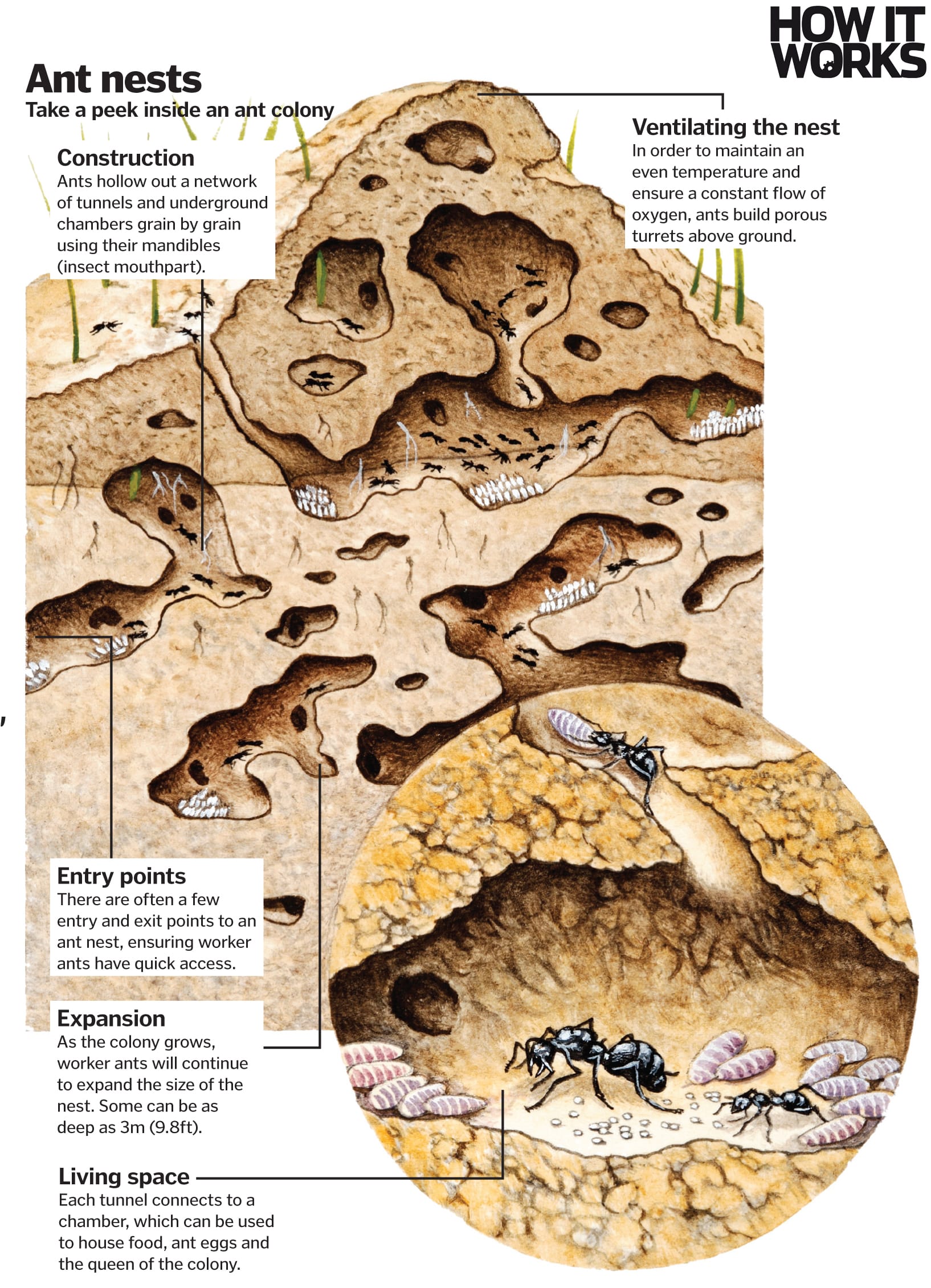What thinking holistically actually means
Hint: it's not just a word your PM likes to use to sound smart.
"Holistic" is one of those words that gets thrown around so much it starts to lose meaning.
Holistic is the adjective of holism which is an approach to the study systems.
The idea is that a system’s properties cannot be fully understood or predicted by analyzing its components in isolation.
The relationships between the parts define the system’s characteristics in ways that individual parts alone do not.
Those characteristics are called emergent properties.
Think of ant colonies.
The design of their tunnels is not directed by a central entity.
It's rather the result of the interactions between individual ants.
The intricate design of an ant colony is an emerging property of the system.
When you design something, you are arranging parts so that the user's interaction with them will produce an outcome.
But you are also creating a system with emergent properties you did not anticipate.
Some of those properties are positive, such as new use cases.
Some are negative, such as workflows that are detrimental to the overall experience.
It's important to always take time to step back and look at the system as an organism rather than a sum of parts.
Thinking "holistically" is not just something your PM uses to sound smart, but it's a requirement for designing systems that work as intended.
Picture by How it Works.
